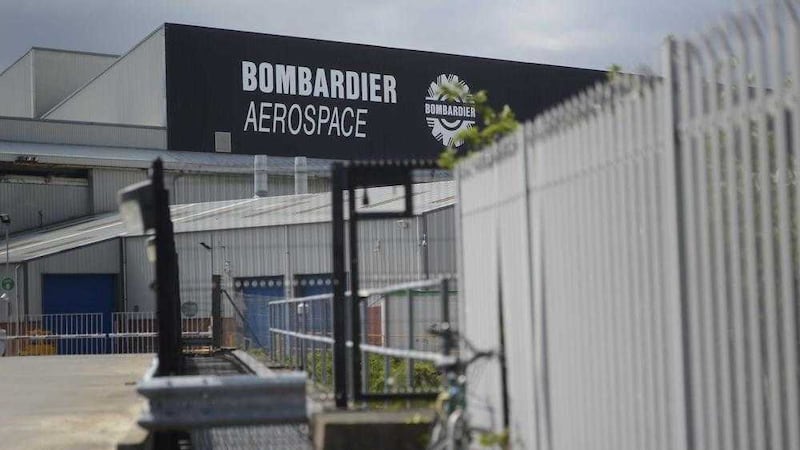TROUBLED Belfast plane-maker Bombardier Shorts has confirmed that it is cutting 60 more jobs at its Queen's Island plant.
The losses will come among its complementary labour force - or agency workers - who are employed alongside permanent staff.
It's the latest in a series of redundancies made at Bombardier over the last two years as the company has come under acute financial pressure.
Last May it cut 220 jobs due to a fall in demand for its business jets.
Bombardier - which keeps its manpower situation under constant review - admitted recently that it faces a "serious financial crisis" and there was a "business necessity" to cut costs by 20 per cent by 2017.
Last month its staff in Belfast rejected changes to their terms and conditions as part of a cost-saving plan.
In a statement on Thursday night Bombardier said: "We have reviewed our latest requirements based on current customer demand and, as a result, will be making adjustments to the composition of our complementary labour force.
"We need to release approximately 60 people from particular assignments with us."
The Unite union described the move as regrettable and "another blow for the Northern Ireland manufacturing sector".
The union's regional coordinating officer Davy Thompson said: "This announcement, coming on the back of significant job loss announcements elsewhere across Northern Ireland at the end of last year, highlights the scale of the ongoing challenges facing the sector.
“Not enough is being done to ensure that the jobs currently being lost in this sector are replaced with jobs of a similar standing."
He added: "Unite will be holding a rally in Ballymena, an area that has been ravaged by closures and job losses, on Saturday, February 6 to offer our members, young people and the local community an opportunity to vent their frustrations against the total failure of Stormont to introduce a relevant and cohesive approach to manufacturing within Northern Ireland.”








